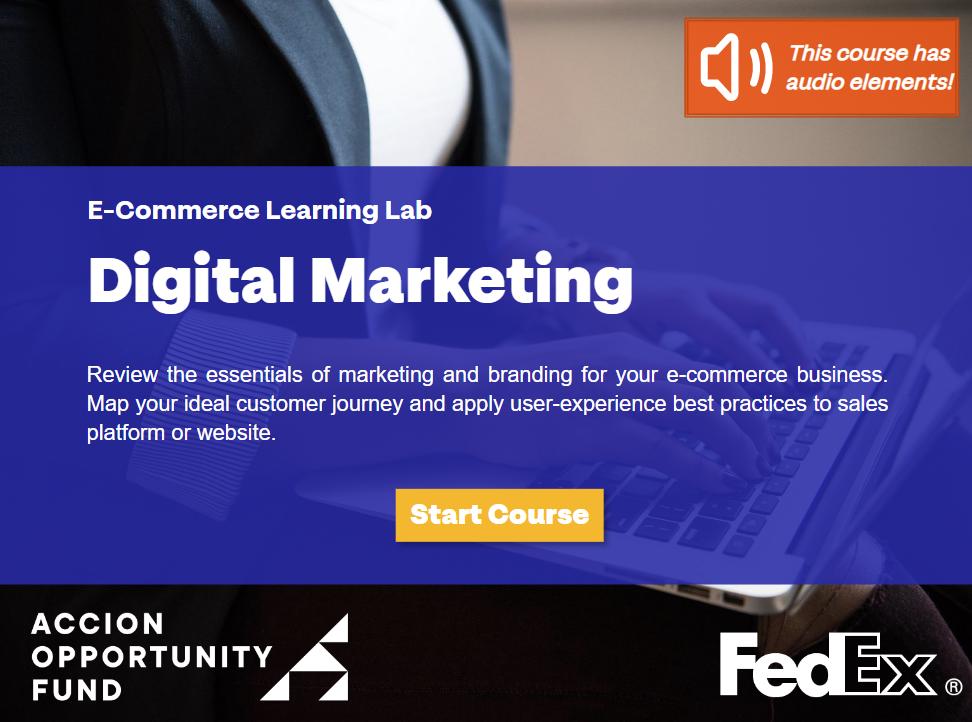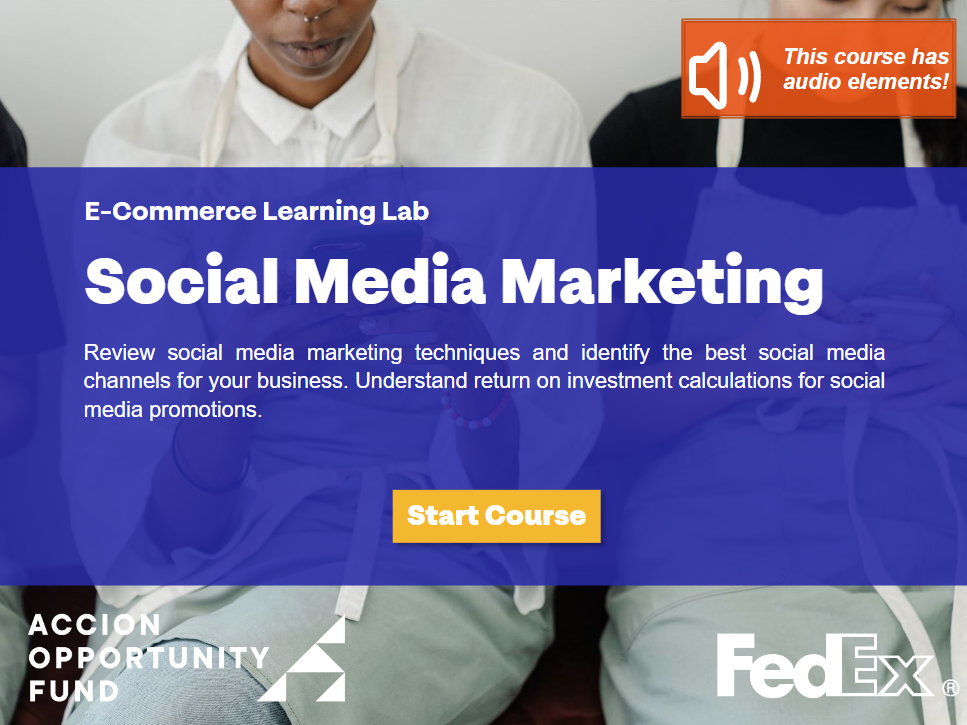Top 5 Features Every Small Business Website Needs
Your company website is a powerful marketing tool for your business. Learn the basic features every small business needs.

Your company’s website is the first exposure many potential customers are going to have to your business. Even if you run your business primarily offline, your digital presence can and should be a powerful marketing tool for your business. Think of your website as a way to introduce yourself to new customers and keep current customers engaged.
Depending on your industry and type of business, plan on customizing your site with appropriate content and tools. For example, a site for a brick-and-mortar clothing boutique may need nothing more than information about the business, some beautiful images of clothing, and a news and events listing. An online clothing seller, on the other hand, needs everything the boutique has as well as an e-commerce engine for online shopping.
Regardless of the type of company you have, there are some basic items every small business website should have.
1. Information About Your Business: the 5 W’s
When it comes to communicating your business to potential customers, the Five W’s are a good place to start:
- Who are you? Let customers know what your business is all about. Share your mission statement. Introduce the team behind your brand.
- What do you offer? Clearly communicate what products or services you offer.
- Where can customers purchase your goods and services? If your business is offline, let customers know where it is. If it’s online-only, direct them to where they can sign up or shop. If it’s a mixture of both, list all of the places where they can find your brand.
- Why is your business important? Let customers know why your brand is better than the competition. Highlight what you have to offer that other companies in the space don’t, whether it’s a lower price, superior product, or locally sourced materials.
- When (and how) can customers reach you? If you’re an offline business, make sure you list your hours. If you’re online, let users know when customer service is available. Make your contact information highly visible on every page of your site.
Visitors to your website should immediately ascertain what your business is about, whether they land on the homepage or a product page. Make sure your value proposition is communicated well on every page.
2. User-Friendly Navigation
If a first-time visitor to your website can’t find their way around, they’re not going to stick around long enough to become a customer. Make your website easy to navigate so users can find what they’re looking for. Here are some tips for great usability:
- Keep it simple. A clean, functional design is more appealing to website visitors than tons of content and frills. Keep site pages pared down to the essentials.
- Make navigation easy. Menus should be clearly labeled and intuitive to follow. Make sure visitors know where they’ll be going when they click on a link.
- Strong calls to action. Be specific about what you want your visitors to do on your website. For example, “Shop now” is a stronger call to action than “Browse store.” Use buttons, rather than text, to make your calls to action stand out.
- Design for mobile. Users are increasingly using mobile to browse websites and even shop. Make sure your website is usable on any platform-desktop computer, smartphone or tablets.
- Include a site map. Site maps are important, not just for helping visitors find things on your site, but for helping potential customers find you through search engines as well.
3. Easy-to-Find Contact Information
Include either a form or contact information on your website for customers who have questions. If users are contacting you through email, make sure you clearly communicate when they can expect to hear back, and then follow through.
Make a list of the questions customers have and create a Frequently Asked Questions (FAQ) section on your site. If customers can easily get the answers to their questions from an online FAQ, you’ll have less email to answer on a regular basis.
4. Relevant, Engaging Content
Whether you’re offering goods or services, having additional related content on your website is a great way to bring in new visitors. Visit forums related to your industry and see what questions users are asking. Use a keyword tool like Google Adwords Keyword Planner to find out what potential customers are searching for online.
For example, a landscaping company searching “landscaping” in the Keyword Planner would find that there are a high number of searches for “backyard ideas” and “landscaping lighting.” The company could then create content for those themes. Whether it’s a blog post or a gallery of past projects that incorporate those ideas, users searching for those terms might land on your website.
Make sure any content you create is easy to share on social media as well. Think of your content as a marketing tool, and encourage visitors to spread the word.
5. Analytics Tools
One of the benefits to providing a robust online experience for your customers is that it gives you the chance to learn about them and adjust your strategy based on what you find. Google Analytics is an easy-to-use tool that helps you learn who your visitors are, and what they’re interested in. Here are just a few ways you can apply analytics to your business strategy:
- New vs. Returning Visitors: Are you getting enough new visitors? If not, perhaps you need to expand your marketing efforts. Are customers coming back? Consider implementing a newsletter strategy to keep them engaged.
- Technology: Are users who visit your website via smartphone leaving immediately? Maybe your mobile experience could be more user-friendly. Are Safari users engaging more than Chrome? Navigate the site in Chrome to identify and fix any issues.
- Behavior: What pages are most popular? Least popular? Refine your content strategy based on what resonates with your audience.
Simply having a web presence isn’t enough in the digital age. Your website isn’t just an extension of your brand-it is your brand. Keeping first-time and returning visitors engaged online will turn them into loyal customers and brand advocates.









